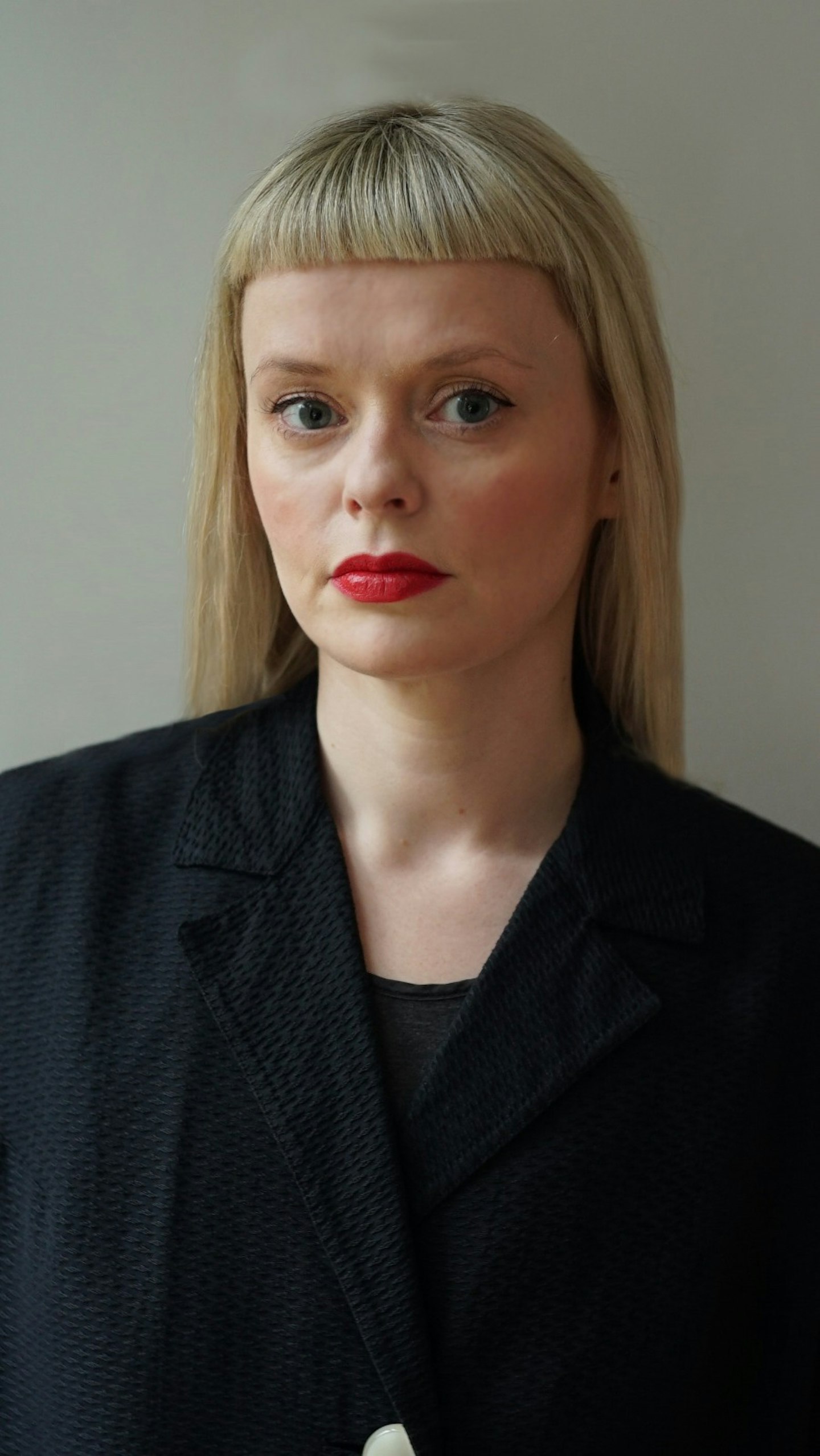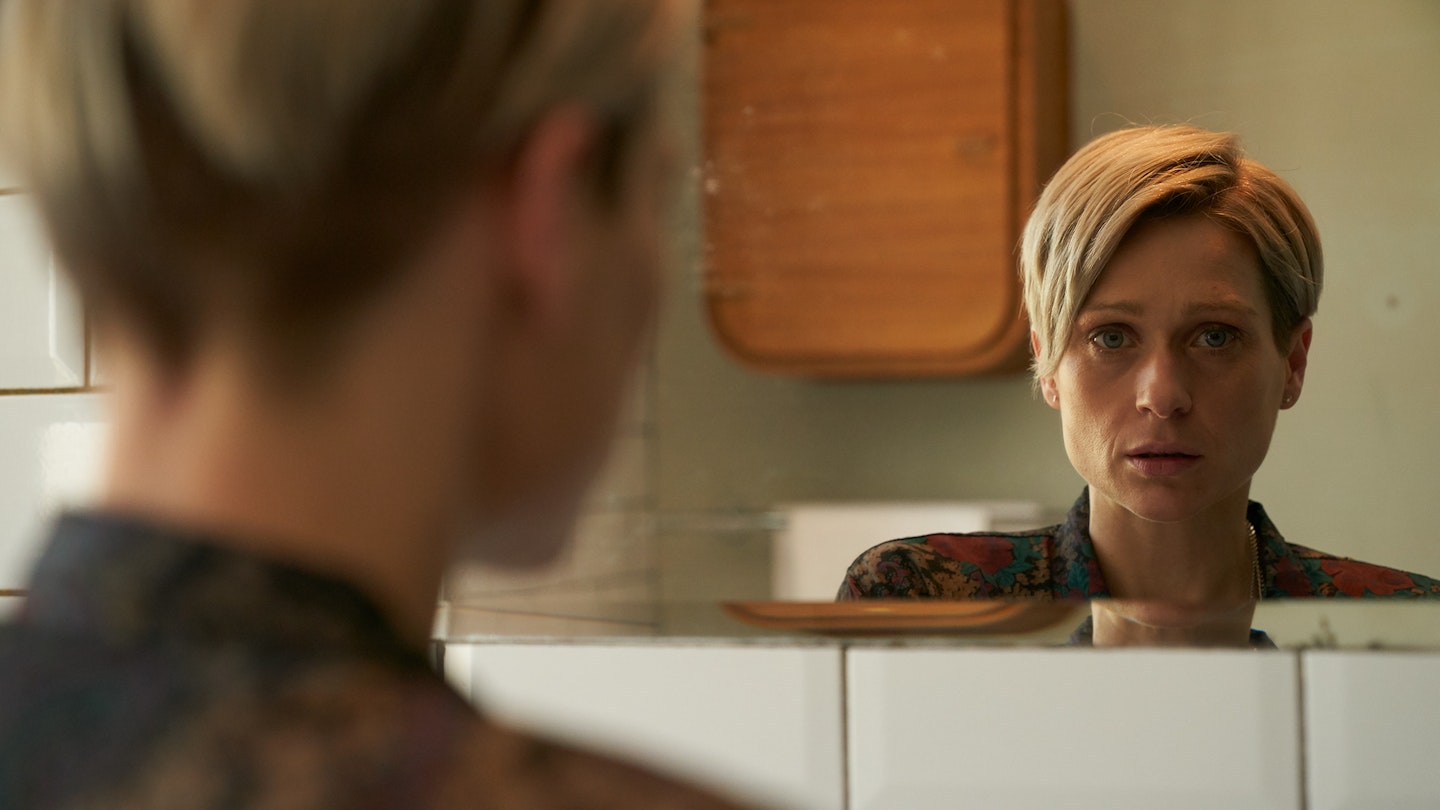Kate Moss once famously said that ‘nothing tastes as good as thin feels’ (a quote she's now distanced herself from). For people struggling with anorexia this is the mentality that keeps you on the treadmill for hours at a time. It’s the one that ensures you eat only leafy greens and herbal tea, eschew fats, carbs or whatever your particular ‘diet’ demands. It keeps you obsessing about calorie count and BMI. It ensures your dissociation from regular eating habits. From meals with family and friends. It maintains the anorexic voice, the voice that tells you you’re not worth feeding. The voice so familiar to people with this vicious eating disorder. The voice speaks to you. The thinner and more ill you get, the louder it becomes. It tells you that your worth is derived from your lack of body fat. That even when you’re skin and bone, you’re not thin enough.
As a filmmaker, embarking on my debut feature Body of Water - which centres on a woman in her thirties struggling to overcome her anorexia at the expense of her family relationships - was a choice that came naturally. It’s a subject that I care deeply about. Having experienced bouts of anorexia, disordered eating, binging and starving patterns during my twenties and early thirties, I know first hand what it’s like to experience the type of dissociation from reality that comes with this psychiatric disorder. I also know that it’s not, as it commonly portrayed, the exclusive preserve of white teenage girls from middle-class backgrounds. Eating disorders affect everyone of any background and gender identity. Everyone.
There had been a tendency in my family for extreme behaviour around food. When I was twenty-three, I found myself living alone in Shanghai, newly single and dealing with the fallout of divorcing parents. Eating and exercise were a source of solace at first. Then, it became more insidious. I would avoid socialising because of worries about what I could eat or drink. I would smoke twenty cigarettes a day to stave my appetite.
What I learned, however, is that people love thin women. Nothing seems to be viewed as more of an indicator of female self-control and restraint – of that ghastly word ‘femininity’ - than a low BMI and ability to say no to dessert. Living in Asia, too, my perception of what my body should look like got warped. Being surrounded by Asian women’s physiques – and clothing options - (which all seemed to be smaller) for an extended period of time definitely got into my head in ways that I am still unravelling now, many years later. So, I ran my hips to nothing. I ran my thighs to sticks.
I’m not going to say it didn’t feel good. You feel high when you’re starving yourself. You feel superior. That’s the reason it’s so addictive. In a world where you can consume pretty much anything you want, not consuming feels like a sort of superpower.
I also got a lot of attention from a particular kind of man – usually the kind of man that wanted a fragile, delicate flower to protect. Who wanted to feel like a ‘real man’ next to my tiny body. To whom the idea of flesh and boobs and womanliness was probably a bit intimidating. So that fed into the superpower too.

When my periods stopped for a few months I realised I had gone too far. I did eat a bit more, but erratically and always with a sense of self-loathing that my weakness had to somehow be punished. By exercising by swimming or running for hours, or starving myself for a day. I then increasingly placed my excessive tendencies onto drugs and alcohol. But this idealised skinny version of myself was hard to let go of and I spent a lot of time regressing to it and from it for the rest of my twenties.
Now, at 36, I’m glad to say I’m healthy and fairly chilled about my body. But it’s taken a lot of time, therapy and forcing myself to accept that food and eating is a natural part of life. It’s also a crucial way of spending time with people you love. Food is not the enemy. But I still have my moments – don’t we all?
My ultimate rejection and pursuit of balance after years of disordered eating, which only really happened after I turned thirty, was because I realised how lonely it makes you. How the loneliness the condition afflicts on Stephanie is rendered in the film is one of the things I am most proud of.
If there’s one thing I want viewers to take from the film is that this is what an eating disorder really looks like. It’s not glamorous or sexy. It’s not about being a delicate flower. It’s a lonely grind.
Making the film, it was also important to me that the protagonist was a woman in her thirties who was successful and also a mother. I am not a parent, but I find it fascinating that so many of our associations with women are as nurturers and providers. As feeders, in multiple senses. There to give more than they take. Mothers aren’t supposed to have troubles. Stephanie, the protagonist in Body of Water, is not such a mother. In fact, she’s the opposite. She’s complex, she’s flawed. But she’s also probably the hardest on herself. This is something that I can identify with, and I hope that audiences will too. Because we all need to be kind. To each other but also to ourselves.
Body of Water - released in cinemas and on Digital 16th October.
